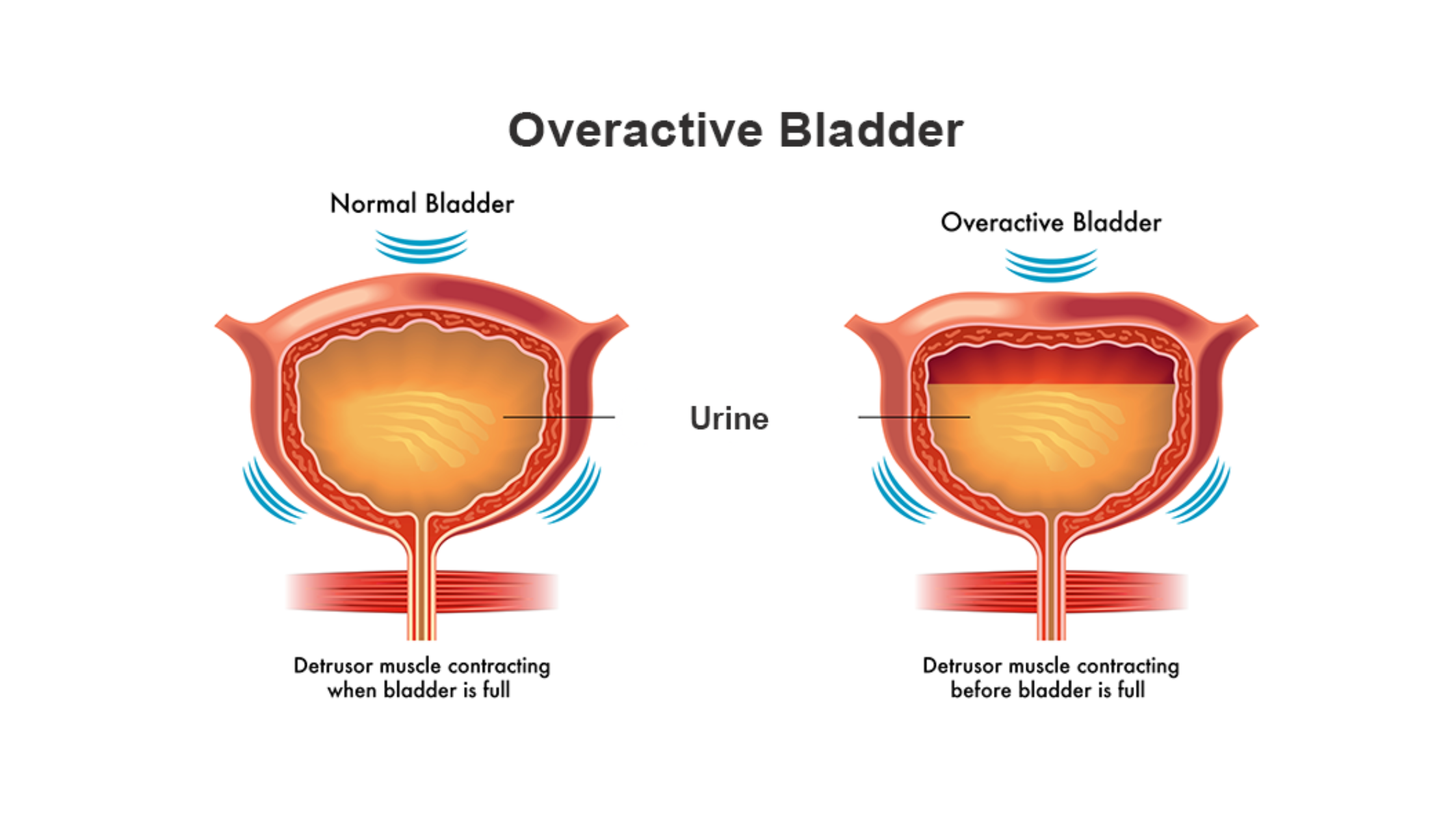
In the realm of sexual health, the focus often hones in on the immediate ramifications of sexually transmitted diseases (STDs), with discussions centring around prevention, treatment, and public awareness. However, one facet that frequently eludes the spotlight is the profound impact that STDs can have on male fertility. Beyond the visible symptoms and discomfort lies a subtle but significant link between these infections and the mechanisms of reproductive health.
In this blog, we embark on a journey into the less-explored territory of how STDs stealthily weave their influence into the male reproductive system, potentially leaving a lasting imprint on fertility. As we navigate through the realms of chlamydia, gonorrhoea, syphilis, and human papillomavirus (HPV), we will uncover the mechanisms through which these infections can silently disrupt the delicate balance of male reproductive prowess. Join us in unveiling the unseen, as we unravel the complex tapestry that connects STDs to male infertility.
Understanding STDs
Sexually transmitted diseases (STDs) are infections that spread from person to person through sexual contact, including vaginal, anal, and oral sex. These infections can be caused by bacteria, viruses, or parasites and often present with a range of symptoms or, in some cases, remain asymptomatic. Common STDs include chlamydia, gonorrhoea, syphilis, human papillomavirus (HPV), herpes, and HIV.
STDs are typically transmitted through the exchange of bodily fluids (such as blood, semen, or vaginal secretions) or by skin-to-skin contact with an infected area. Unprotected sexual activities, having multiple sexual partners, and engaging in high-risk behaviours increase the likelihood of contracting these infections.
How STDs Affect Male Fertility
Sexually transmitted diseases (STDs) can exert a significant impact on male fertility, affecting various aspects of the reproductive system. Understanding the specific mechanisms through which each major STD can influence fertility is crucial for recognizing the importance of prevention, early detection, and timely treatment.
Chlamydia and Male Fertility
Chlamydia, caused by the bacterium Chlamydia trachomatis, is a common STD that can affect the male reproductive system. When left untreated, chlamydia can ascend through the reproductive tract, leading to infections in the testicles and epididymis. This ascent can result in inflammation, scarring, and damage to the delicate structures involved in sperm production and transport. Over time, these changes may contribute to reduced sperm count, impaired sperm motility, and compromised fertility.
Gonorrhea and Male Fertility
Neisseria gonorrhoeae, the bacterium responsible for gonorrhoea, can cause urethritis and epididymitis in men. Urethritis is inflammation of the urethra, while epididymitis affects the epididymis, a tube that plays a crucial role in sperm maturation and transport. The inflammation and potential scarring associated with gonorrheal infections can lead to blockages in the sperm transport pathways. As a result, the movement of sperm during ejaculation may be impeded, reducing fertility. Moreover, chronic gonorrheal infections can contribute to long-term damage to the male reproductive system.
Syphilis and Male Fertility
Syphilis, caused by the bacterium Treponema pallidum, progresses through distinct stages. In the later stages of syphilis, the infection can affect the testes, leading to the formation of granulomas. These granulomas may cause structural damage to the testicular tissue, potentially impacting sperm production. While the impact on fertility may vary depending on the stage of the infection and the adequacy of treatment, untreated or inadequately treated syphilis can contribute to long-term reproductive health issues.
HPV and Male Fertility
Human papillomavirus (HPV) is a group of viruses known for their association with various cancers, including cervical cancer. While the direct impact of HPV on male fertility is not as well-established as with other STDs, certain strains of the virus can cause genital warts. In some cases, these warts may lead to physical obstructions that interfere with normal sexual function. Additionally, emerging research suggests a potential link between high-risk HPV infection and reduced sperm quality, emphasizing the need for further investigation into the effects of HPV on male reproductive health.
Long-Term Consequences
Sexually transmitted diseases (STDs) can exert profound and lasting effects on male fertility, with long-term consequences that extend beyond the immediate symptoms of infection. Understanding these repercussions is essential for highlighting the importance of prevention, early detection, and timely treatment to safeguard reproductive health.
Inflammation and Scarring
One of the primary mechanisms through which STDs impact male fertility is by inducing inflammation and scarring in the reproductive organs. Infections such as chlamydia, gonorrhoea, and syphilis can trigger an inflammatory response that, if left unchecked, can lead to the formation of scar tissue. Inflammation and scarring can obstruct normal physiological processes, impeding the proper function of the testicles, epididymis, and other reproductive structures critical for sperm production and transport.
Testicular Damage
STDs, particularly syphilis, can cause direct damage to the testicles. In the later stages of syphilis, the formation of granulomas within the testicular tissue can compromise its structural integrity. Testicular damage may result in reduced sperm production, affecting both sperm count and quality. The severity of testicular damage depends on factors such as the specific STD, the duration of the infection, and the efficacy of treatment.
Sperm Transport Blockages
Infections like gonorrhoea can lead to epididymitis, an inflammation of the epididymis. The epididymis is responsible for maturing and storing sperm before ejaculation. Inflammation in this crucial reproductive structure can cause blockages in the sperm transport pathways, hindering the normal movement of sperm during ejaculation. Sperm transport blockages can significantly reduce fertility by impeding the journey of sperm from the testes to the ejaculatory ducts.
Impaired Sperm Quality
Chronic or untreated STDs can negatively impact the quality of sperm. Inflammation, scarring, and structural damage within the reproductive organs can alter the composition of seminal fluid and impair the viability and motility of sperm. These changes contribute to reduced fertility by decreasing the likelihood of successful fertilization.
Hormonal Imbalances
Certain STDs, such as syphilis, can disrupt the delicate hormonal balance that regulates reproductive processes. Hormonal imbalances may affect the production of key hormones involved in spermatogenesis and overall reproductive function. This interference can further contribute to fertility issues in affected individuals.
Psychosocial Impact
Beyond the physical consequences, the long-term impact of STDs on male fertility extends to psychosocial realms. Fertility challenges can lead to emotional distress, strained relationships, and diminished quality of life. Addressing the psychosocial aspects of male infertility is crucial for comprehensive care and support for individuals navigating the complexities of reproductive health.
Prevention of STDs and Safeguarding Male Fertility
Preventing sexually transmitted diseases (STDs) is paramount in safeguarding both general sexual health and male fertility. A comprehensive approach to prevention involves a combination of education, awareness, safe practices, and access to healthcare. Here, we delve into the multifaceted strategies that can be employed to minimize the risk of STDs and, consequently, preserve male fertility.
Education and Awareness
One of the fundamental pillars of prevention is educating individuals about STDs, their modes of transmission, and the potential consequences for reproductive health. Public awareness campaigns, school-based sex education programs, and community outreach initiatives play a crucial role in disseminating accurate information, reducing stigma, and fostering a proactive attitude toward sexual health.
Safe Sexual Practices
Practising safe sex is a key component of STD prevention. Consistent and correct use of barrier methods, such as condoms, can significantly reduce the risk of STD transmission during sexual activity. Encouraging open communication between sexual partners about sexual health, testing history, and mutual commitment to preventive measures fosters a culture of responsibility and trust.
Regular STD Testing
Regular STD testing is vital for early detection and treatment. Individuals who are sexually active, especially those with multiple partners, should undergo routine testing for common STDs, even in the absence of symptoms. Early detection allows for prompt intervention, minimizing the potential for long-term damage to the reproductive system and preserving fertility.
Vaccination
Vaccination is a powerful tool in preventing certain STDs. For example, the human papillomavirus (HPV) vaccine is recommended for both males and females to protect against high-risk HPV strains that can lead to genital warts and, in some cases, affect fertility. Understanding and advocating for the availability and uptake of vaccines contribute to comprehensive preventive efforts.
Mutual Monogamy
Choosing to be in a mutually monogamous relationship with a partner who is also free of STDs is an effective preventive strategy. This reduces the risk of exposure to new infections and underscores the importance of open communication and trust between partners.
Regular Health Check-ups
Incorporating regular health check-ups into one’s routine allows for comprehensive monitoring of overall health, including sexual health. Health professionals can provide guidance on preventive measures, perform STD screenings, and address any concerns or symptoms promptly.
Avoiding High-Risk Behaviors
Engaging in high-risk sexual behaviours, such as unprotected sex with multiple partners or the use of intravenous drugs, significantly increases the risk of contracting STDs. Avoiding these behaviours is essential for minimizing exposure and maintaining reproductive health.
Community and Policy Initiatives
Community-level interventions and policy initiatives contribute to creating an environment that supports STD prevention. This includes ensuring access to affordable healthcare, implementing comprehensive sex education programs, and combating stigma associated with STDs. Policies that promote access to preventive measures, testing, and treatment are crucial in fostering a culture of sexual health.
Conclusion
As we draw the curtains on our exploration of the intricate link between sexually transmitted diseases (STDs) and male infertility, it becomes abundantly clear that the repercussions of these infections extend far beyond the immediate symptoms. Our journey through the realms of chlamydia, gonorrhoea, syphilis, and human papillomavirus (HPV) has unveiled the silent but substantial impact these infections can have on the delicate mechanisms of male reproductive health.
As we reflect on the complexities of the link between STDs and male infertility, let us not only recognize the challenges but also champion a culture of education, awareness, and destigmatization. By breaking down barriers and fostering a collective commitment to sexual health, we pave the way for a future where the impact of STDs on male fertility is minimized, and individuals are empowered to navigate their reproductive journey with confidence and well-informed choices.
Dr. Sumit Sharma is an experienced urologist, andrologist, and kidney transplant surgeon with over 20 years of clinical experience. He is the founder of the Department of Urology at multiple hospitals in Gurgaon and has established successful kidney transplant programs across the city.
With a commitment to the highest standards, Dr. Sumit Sharma ensures personalized, professional treatment, making your well-being the primary focus. Choose Dr. Sumit Sharma for outstanding Urological care in Gurgaon.


